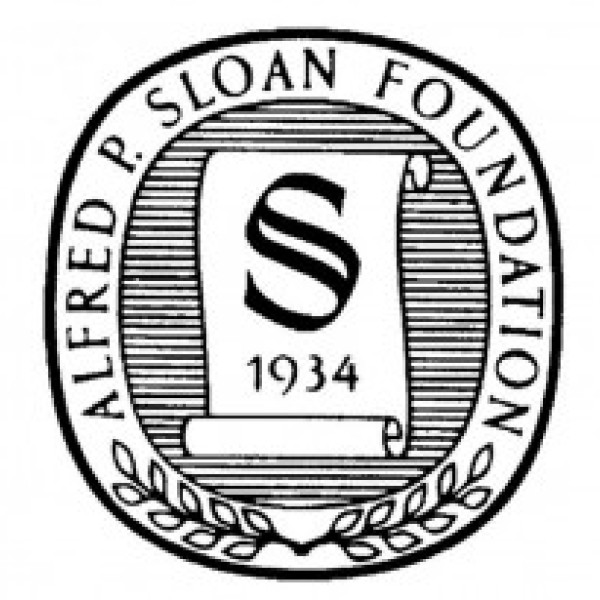Academic focus: Information ecosystems, misinformation, journalism
Research summary: I study information ecosystems, with a particular interest in improving communication by trusted institutions, e.g., government agencies, newsrooms, universities, hospitals, civil society, as a mechanism for improving resilience against misinformation. For the past 20 years I have worked on the challenges of verifying user-generated content, the harms caused by misinformation, and the opportunities that exist to improve communication by institutions. My focus currently is studying community information needs and partnering with those who are best placed to meet those needs. I try and focus mostly on community based organizations and initiatives.
What do you like to do when you’re not working?
I’m mostly spending time with my cockapoo, Dougal, either hiking new trails, throwing tennis balls or indulging in some quality snuggling. I also love throwing dinner parties or finding other excuses to spend time with the people I love.
What are your current outreach/extension projects?
I’m working on a project with 10 local NPR stations and Cortico – a group based at MIT that uses an AI powered platform to facilitate community conversations. We’re evaluating the tool as a way to bridge ideological divides ahead of the 2024 election.
What are three adjectives people might use to describe you?
Passionate, optimistic, cheeky
What (specifically) brought you to Cornell CALS?
Amazing faculty doing work that complements my own. Also, I love Ithaca and the Finger Lakes region.
What do you think is important for people to understand about your field?
Unfortunately, communication as a discipline is too often overlooked. This is changing as people recognize how important good communication is to achieve societal goals and what happens when good communication is not prioritized. The rollout of the COVID-19 vaccine is a case in point. Resources were focused on developing the vaccine, but little was left over to communicate why it was so important to get vaccinated in the first place. And in a world where tech platforms impact everything from recruitment to policing, to political campaigning and health care decisions, it’s impossible not to recognize the importance of our field.
What’s the most surprising/interesting thing you’ve discovered about Cornell and/or Ithaca so far?
How beautiful the lake is at the golden hour.
If you had unlimited grant funding, what major problem in your field would you want to solve?
I would hire millions of designers to work with government agencies and community groups (and academics) to ensure that communications products were beautiful, easy to understand and highly shareable. Too much communication today is text-based, unnecessarily confusing and ugly.
If you could relate your work to one of the four transdisciplinary moonshots, which one would you most closely align with and why? They are: Redesigning 21st Century Agri-Food Systems; Accelerating Holistic Climate Solutions; Leading in Synthetic Biology; and Pioneering Life Science Breakthroughs.
Accelerating Holistic Climate Solutions. In my research I see the impact of climate disinformation all the time. It doesn’t matter how innovative climate solutions are if we can’t communicate them effectively, understanding how they might be weaponized and undermined by those who do not believe that the climate crisis is real.






